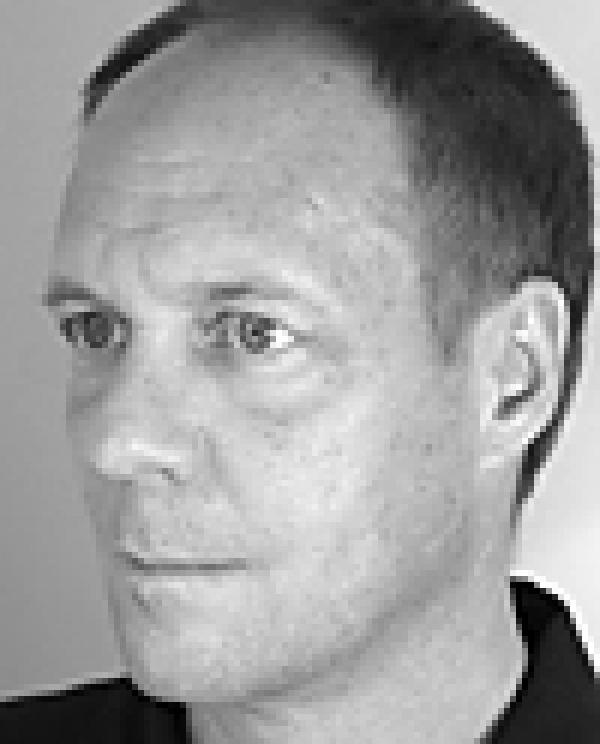David Baker

Bio
David Baker is author or editor of ten books, most recently Midwest Eclogue (2005, W. W. Norton & Co., poems) and The Radiant Lyre: Forms of Lyric Poetry (forthcoming in 2007, Graywolf Press, essays). He holds the Thomas B. Fordham Chair of English at Denison University and serves as Poetry Editor of The Kenyon Review. He is married to Ann Townsend, and they live with their daughter, Katherine Baker, on a small acreage outside Granville, Ohio, where they tend gardens and old-growth woods.
Photo by Ann Townsend
Author's Statement
Utter good fortune. I'm very grateful to the panel of jurors at the NEA, who selected my poems for the honor of this fellowship, and to the staff of the NEA. The timing has been wonderful, for I have been able to turn a one-semester sabbatical at Denison University, where I've taught for more than two decades, into a full year's leave of absence, thanks to the NEA fellowship. The time to work is precious. I am composing new poems, one at a time, and also writing a series of essays on the rhetorical modes of the lyric poem; in fact, Ann Townsend and I are co-editing a book that investigates seven aspects or forms of the lyric, ranging from the erotic poem and the pastoral to the political poem.
Winged
If this were the sea and not snow, morning-
cold, Ohio, the slick, black trees standing
for themselves along our ice creek, then
these birds might seem ready for the flight.
They've opened their massive wings, five,
six feet across, and hold them to the cold sun
as though cutting through salt winds unfettered.
This dries them. But how eerie they look,
like the stonework of graves, like gargoyles
dripping and grim in the precision of faith.
They have settled on just one tree. Sunlit,
they are black blooms, their heads wrinkled
as walnuts, each with a small smear of blood
for a face. If this were the sea. But it's not.
If she were alive, and yesterday's procession
of black cars, flutter of flags, were something
other than what it was, like a wisp of smoke
send up from the steamer churning for home,
then we might know at least the gods await.
That the ash does cleanse. And the afterlife
shall yield us great wings for the body
to fly where the others, it seems, have gone.

